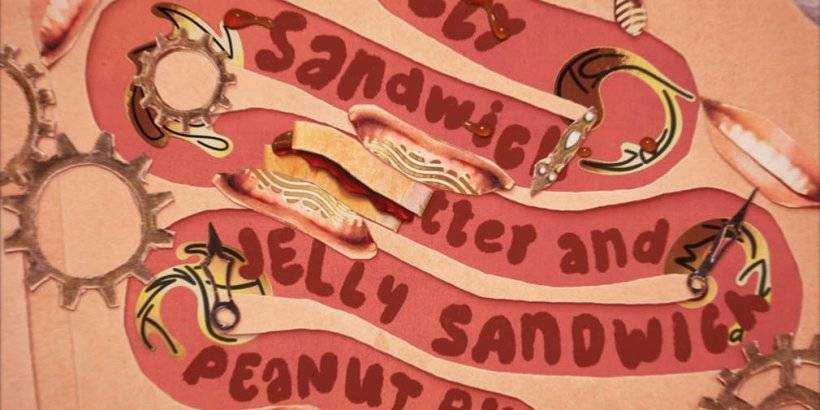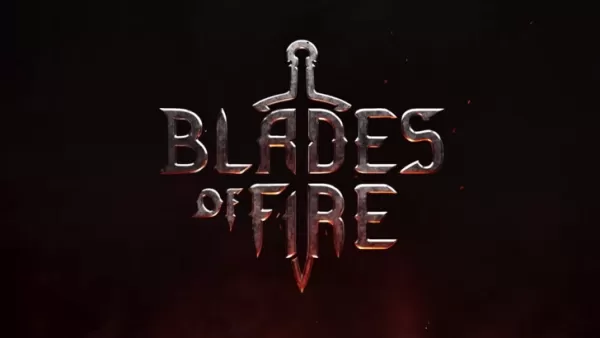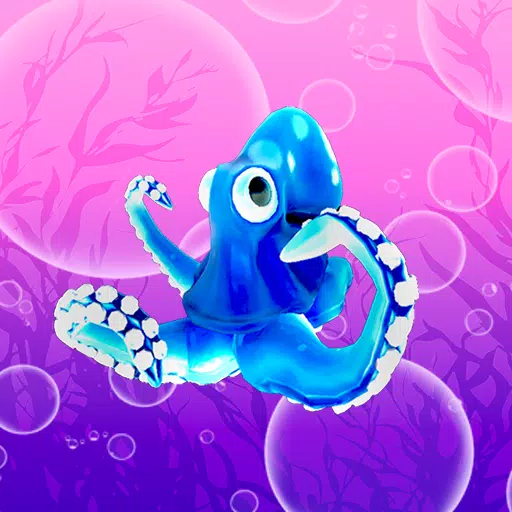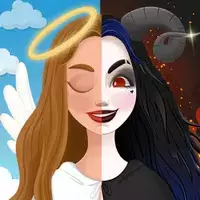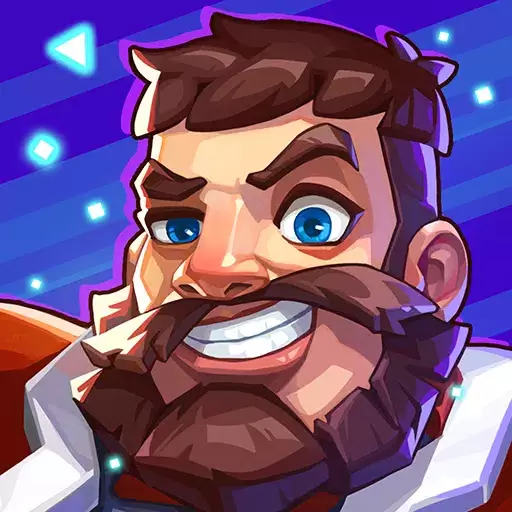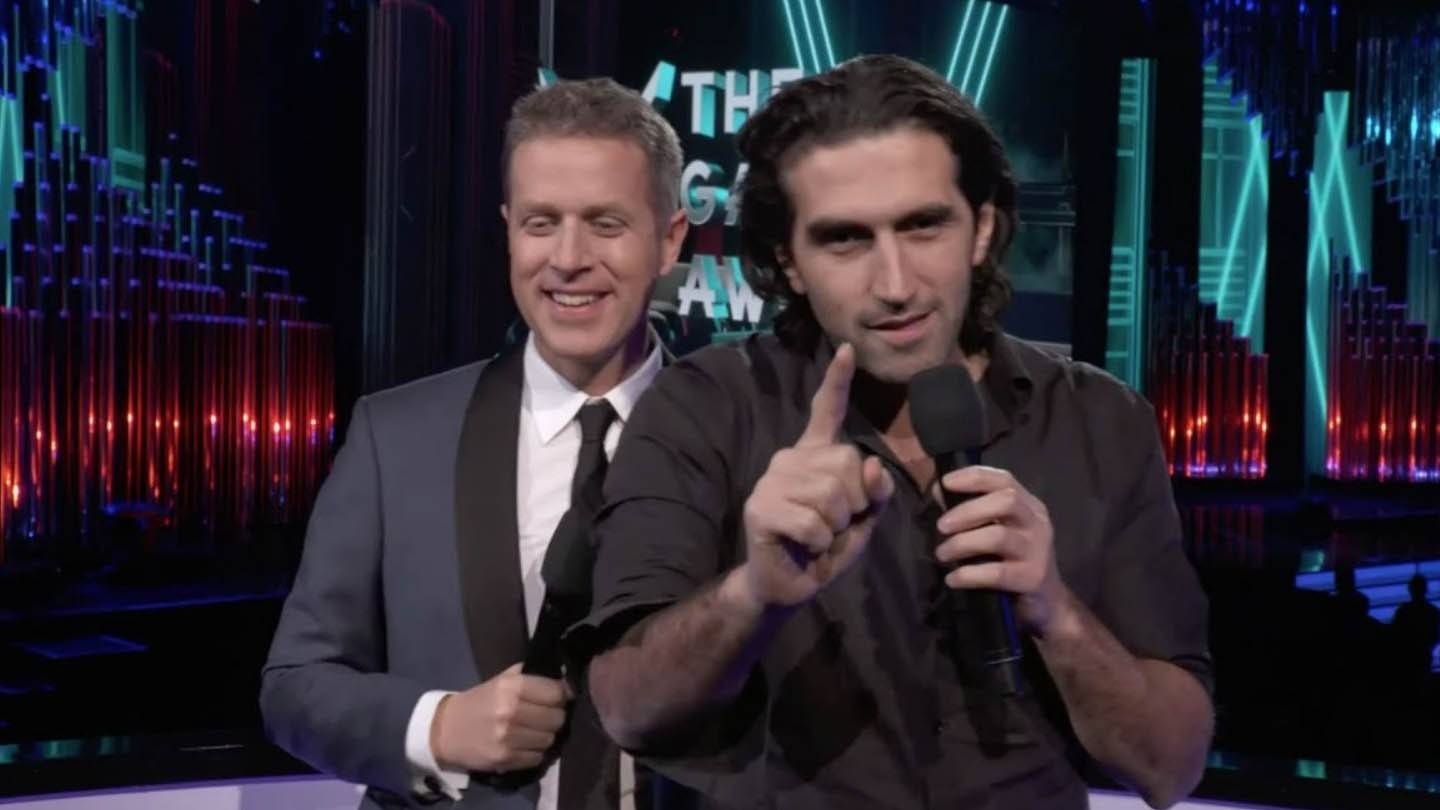
The latest cooperative adventure from the acclaimed creator of It Takes Two, Josef Fares, titled *Split Fiction*, has stirred both praise and controversy. At its core, the game features a compelling narrative centered around two female protagonists embarking on a deeply personal and emotional journey. While many players have lauded the game for its innovative gameplay and heartfelt storytelling, a vocal subset of critics has accused it of promoting "feminist propaganda," igniting intense online debates.
Josef Fares, known for his candid and often humorous responses, swiftly addressed these claims with his trademark unfiltered style. He emphasized his focus on storytelling over controversy, saying:
Let me tell you something: in *Brother*, there were two guys [as protagonists], in *A Way Out*—two guys, in *It Takes Two*—one man, one woman, and now two women, and suddenly 'everyone’s upset.' [...] I don’t care what you’ve got between your legs—good characters are what matter.
Fares' response underscores his dedication to crafting compelling narratives, prioritizing the quality of characters over gender dynamics. This approach challenges critics to focus on the substance of the story rather than its superficial elements.
The backlash against *Split Fiction* mirrors broader societal debates about diversity and representation in media. For some, the inclusion of two female protagonists signifies progress and a move towards more inclusive storytelling. For others, it acts as a catalyst for larger cultural tensions.
Games like *Split Fiction* often find themselves at the heart of such discussions, as they push the boundaries of traditional narratives and explore new perspectives. While criticism is inevitable, the overwhelmingly positive reception from players and critics alike indicates that the game’s narrative strikes a chord with a broad audience.


